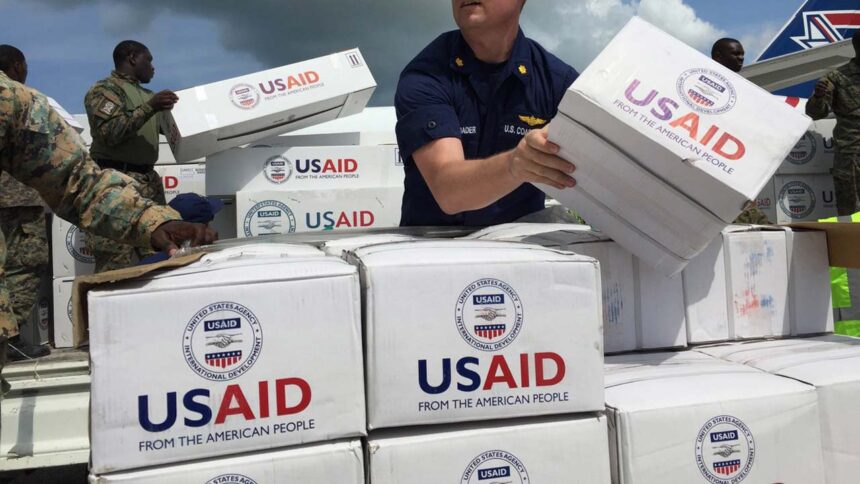Africa is set to face a looming health crisis as United States President Donald Trump’s aid cuts slash critical funding to nations heavily reliant on U.S. support.
Recent data by the Center for Global Development (CGD) revealed that nations like Somalia, South Sudan, Malawi, Uganda, Liberia, Mozambique, and Tanzania are the most vulnerable to these abrupt reductions.
This comes after the United States Agency for International Development (USAID) officially shut down following months of systematic cuts under Trump, culminating in its absorption by the State Department on Tuesday.
The agency, long considered the cornerstone of U.S. foreign aid, was gradually dismantled due to what the Trump administration described as wasteful spending.
Meanwhile, with programs like PEPFAR gutted and USAID operations dismantled, millions risk losing access to life-saving HIV/AIDS treatments, maternal care, and emergency health services.
For some nations like Somalia and South Sudan, U.S. health aid constitutes over 200% of their government health spending, making them heavily reliant.
According to the Center for Global Development, the United States has been a central player in supporting global health supply chains, particularly through the Global Health Supply Chain – Procurement and Supply Management (GHSC-PSM) project.
In 2024 alone, the project supported 73 countries and disbursed $1.15 billion in donated health commodities and technical assistance.
The majority of the funding focused on HIV (71.1%), followed by malaria (20.3%), family planning (7%), and maternal, neonatal, and child health (1.5%).
Recent data shows that countries like Somalia, South Sudan, and Malawi are among the most at risk of Trump’s health aid cuts, with U.S. health aid making up 237%, 235%, and 207% of their government health spending, respectively.
Below is the list of African countries most vulnerable to Trump’s aid cuts, based on U.S. health aid as a percentage of government health spending:
1). Somalia: U.S. health aid accounts for 237% government health spending.
2). South Sudan: U.S. health aid accounts for 235% government health spending.
3). Malawi: U.S. health aid accounts for 207% government health spending.
4). Uganda: U.S. health aid accounts for 95% government health spending.
5). Liberia: U.S. health aid accounts for 95% government health spending.
6). Mozambique: U.S. health aid accounts for 83% government health spending
7). Tanzania: U.S. health aid accounts for 59% government health spending.
Pan-Atlantic Kompass reports that the impact would be especially severe in fragile states like Somalia and South Sudan, where local systems cannot absorb such a shock.
In these countries, U.S. aid is important for essential services, and its loss could trigger a collapse in healthcare delivery and a rise in preventable diseases.





